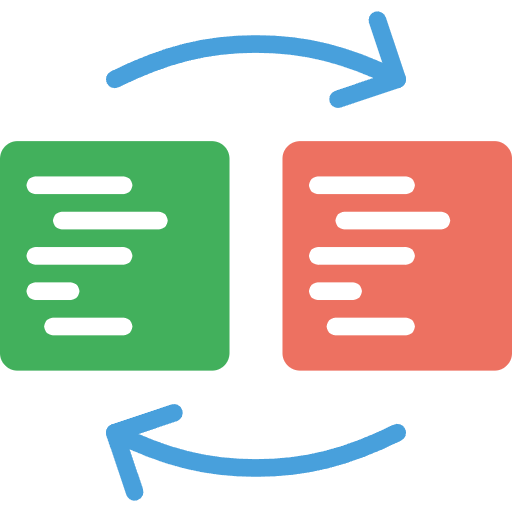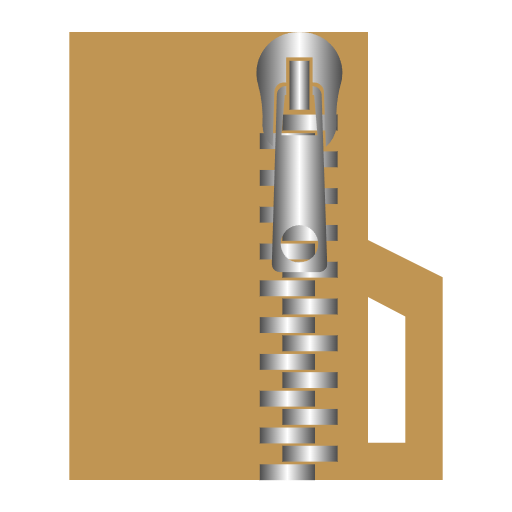Ultimate WordPress Performance Service: 20 Proven Ways to Boost Speed

Ultimate WordPress Performance Service
A slow website frustrates users and hurts your search engine rankings. Our comprehensive WordPress Performance Service is designed to tackle every aspect of site speed, from front-end optimizations to back-end server tuning. We ensure your WordPress site is not just fast, but resilient, scalable, and ready to convert visitors into customers. Below, we detail the core components that make our service the ultimate solution for your speed challenges.
Scan Your Website For Free
What Our WordPress Performance Service Includes

Image Compression
Reducing image file sizes by applying smart lossy and lossless compression algorithms. This is crucial for decreasing page weight and accelerating load times without a noticeable drop in visual quality.
Example: “We employ advanced compression to reduce image file sizes by up to 70%, a foundational step in our WordPress Performance Service.”

Lazy Loading
Deferring the loading of off-screen assets, like images and videos, until they are needed. This dramatically improves initial page load speed and saves data for users.
Example: “By implementing lazy loading, our WordPress Performance Service ensures the initial page view is rendered instantly, improving key performance metrics like LCP.”

Image Resizing & Scaling
Serving images at the exact dimensions they are displayed in the browser. Delivering oversized images wastes bandwidth and forces the browser to perform costly resizing operations.
Example: “We create responsive image sets and ensure they are served at the optimal dimensions for every device, preventing unnecessary data transfer.”

Next-Gen Image Formats
Utilizing modern image formats like WebP and AVIF, which offer superior compression and quality compared to legacy formats like JPEG and PNG, resulting in smaller file sizes and faster loads.
Example: “As part of our WordPress Performance Service, we convert images to modern formats like WebP, achieving an average of 30% smaller file sizes.”

Browser Caching
Instructing the user’s browser to store static assets (CSS, JS, images) locally for a specified period. This eliminates the need to re-download files on subsequent visits, making return loads nearly instant.
Example: “By leveraging aggressive browser caching policies, we significantly improve page load times for returning visitors, leading to higher engagement and conversion rates.”

Page Caching
Generating static HTML files of your dynamic pages and serving them directly from the server. This bypasses time-consuming PHP and database processing, drastically reducing server response time (TTFB).
Example: “Our page caching implementation cuts Time to First Byte (TTFB), delivering a faster, more responsive WordPress Performance Service experience.”

Object Caching
Storing the results of complex database queries in a high-speed in-memory data store like Redis or Memcached. This reduces database load and speeds up dynamic page generation.
Example: “We utilize Redis for persistent object caching, a crucial technique for e-commerce and membership sites seeking a high-tier WordPress Performance Service.”

Asset Minification
Programmatically removing all unnecessary characters from source code (like whitespace and comments) without changing functionality, effectively reducing the file size of HTML, CSS, and JavaScript.
Example: “We minify all text-based assets, reducing their file size by up to 20%, leading to faster download and parsing times by the browser.”

File Combination (Concatenation)
Combining multiple CSS and JavaScript files into a single file. While less critical with HTTP/2 and HTTP/3, it can still reduce overhead and simplify the rendering path in some scenarios.
Example: “We strategically combine files to reduce HTTP requests, a practice our WordPress Performance Service adapts based on your server’s protocol.”

Defer Render-Blocking Resources
Re-structuring how CSS and JavaScript are loaded to prevent them from blocking the initial painting of the page. This involves inlining critical CSS and deferring non-critical scripts.
Example: “We eliminate render-blocking resources, allowing the browser to display visible content almost instantly, dramatically improving the perceived performance.”

High-Performance Hosting
Selecting a hosting provider and plan that offers fast server hardware (NVMe SSDs, modern CPUs), and a low-latency network. The hosting foundation is paramount for speed.
Example: “A core part of our WordPress Performance Service is guiding you in selecting a high-performance hosting solution that ensures optimal server speed and reliability.”

Content Delivery Network (CDN)
Distributing your website’s static assets across a global network of edge servers. Content is served from the server geographically closest to the user, minimizing network latency.
Example: “By integrating a premium CDN, we reduce latency for your global audience, ensuring a fast experience for users no matter where they are in the world.”

Server Configuration Tuning
Optimizing the web server (e.g., Nginx, Apache) and PHP configurations for maximum performance. This includes adjusting memory limits, execution times, and enabling Gzip or Brotli compression.
Example: “We fine-tune your server configuration for optimal resource utilization, a critical component of a truly professional WordPress Performance Service.”

Database Optimization
Cleaning and maintaining the website’s database by removing unnecessary data like post revisions, transients, and spam comments. A lean database leads to faster query execution times.
Example: “We regularly clean and optimize your database, reducing bloat and improving query performance, which results in a faster backend and a snappier site.”

Database Query Optimization
Analyzing and rewriting inefficient database queries to reduce their execution time and resource consumption. This is especially important for complex, data-intensive websites.
Example: “We identify and optimize slow database queries, often caused by plugins, to significantly improve server response times and the overall WordPress Performance Service quality.”

HTTP/3 Implementation
Enabling the latest version of the HTTP protocol, which uses QUIC to reduce latency and eliminate head-of-line blocking, offering significant performance gains, especially on unreliable networks.
Example: “We enable HTTP/3 on your server, leveraging the QUIC protocol for faster connection setup and improved performance, giving you a competitive edge.”

Resource Hints (Prefetch/Preload)
Using browser resource hints like `preload` and `prefetch` to inform the browser about critical resources that will be needed soon, allowing it to fetch them earlier and speed up rendering.
Example: “By preloading key assets like fonts or critical scripts, we ensure they are available immediately when needed, eliminating layout shifts and improving rendering speed.”

Advanced Compression (Brotli)
Implementing Brotli, a modern compression algorithm that offers significantly higher compression ratios for text-based assets (HTML, CSS, JS) compared to the older Gzip algorithm.
Example: “We enable Brotli compression on your server, providing superior asset compression that reduces transfer sizes and accelerates load times beyond what Gzip can offer.”

JavaScript Code Splitting
Breaking down large, monolithic JavaScript bundles into smaller, logical chunks that can be loaded on demand. This drastically reduces the initial JavaScript payload and improves Time to Interactive (TTI).
Example: “Our WordPress Performance Service implements code splitting to ensure users only download the JavaScript needed for the current view, resulting in a much faster interactive experience.”

Core Web Vitals Optimization
A holistic approach focused on improving Google’s key user experience metrics: Largest Contentful Paint (LCP), Interaction to Next Paint (INP), and Cumulative Layout Shift (CLS).
Example: “We perform a deep-dive analysis and targeted optimizations to master your Core Web Vitals, improving user experience and boosting your SEO rankings.”

Your Trusted Partner
Choosing Novelnetware means choosing a dedicated partner. Our complete WordPress Performance Service combines all these techniques to deliver a truly fast, reliable, and high-converting website.
Ready to start? “Contact us today to get a free analysis and see how our expert WordPress Performance Service can transform your site.”